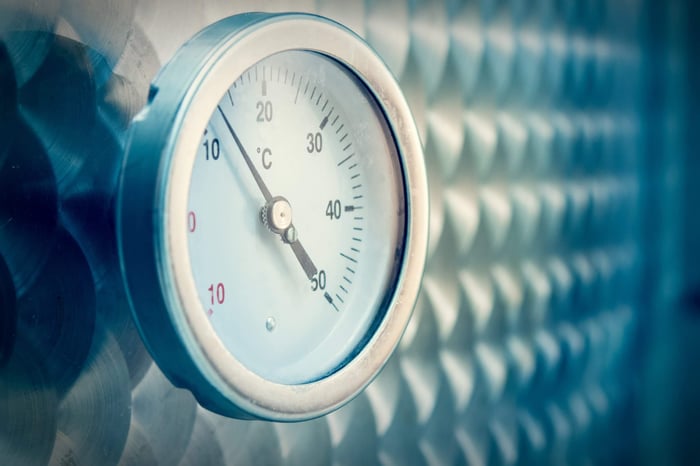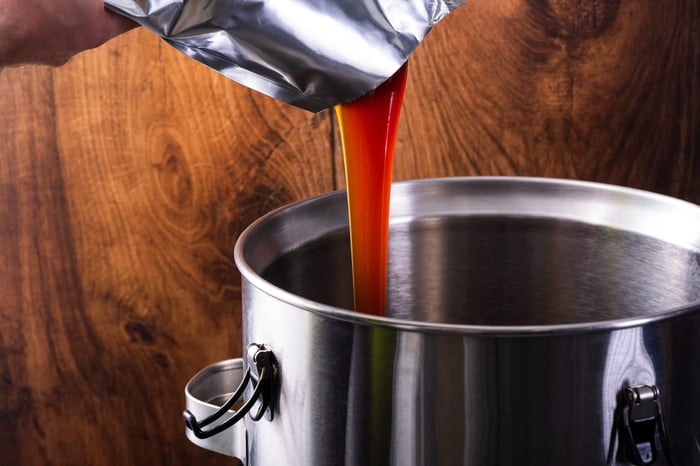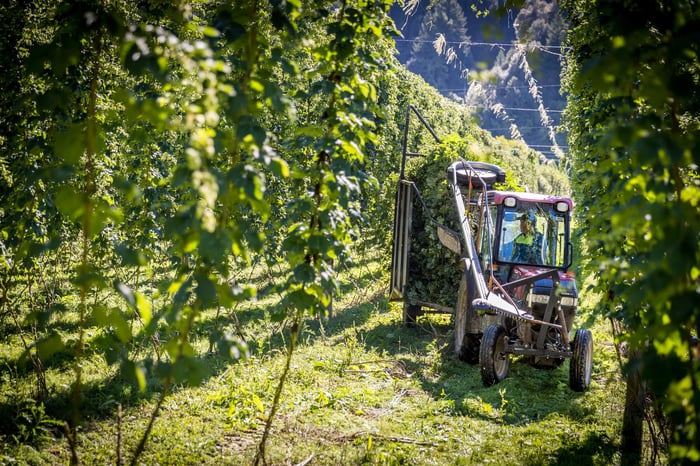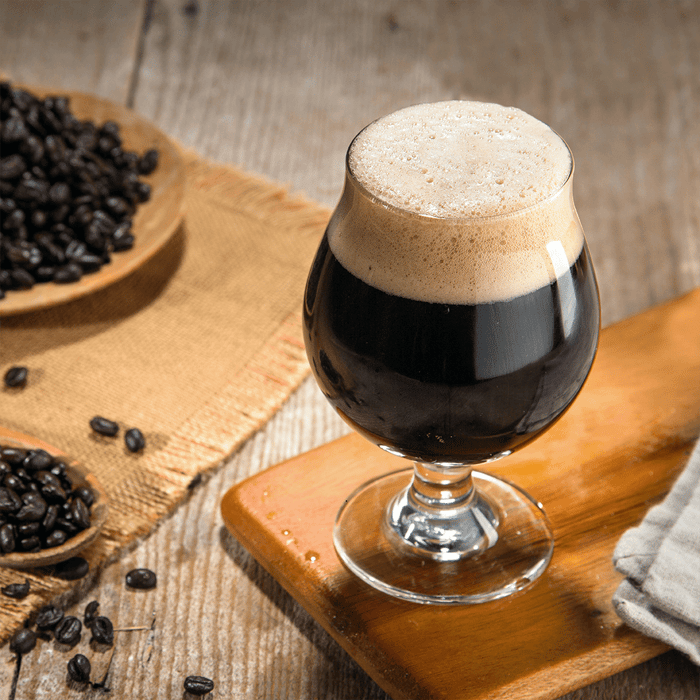Ever wondered why some homebrews just taste better than others? More often than not, the secret isn't some fancy ingredient or complex technique – it's something much simpler: fermentation temperature control. While it might not be the flashiest piece of brewing kit, proper temperature control could be the most important upgrade you'll ever make.
Here's the thing: your yeast are responsible for creating most of the flavours in your finished beer. Keep them happy with the right temperature, and they'll create clean, flavourful beer every single time. Let the temperature run wild, and you'll taste the difference – and not in a good way.
If you're still sitting on the fence about temperature control, let's walk through exactly why it deserves serious consideration in your brewing setup.
What Happens When Fermentation Runs Too Hot?
Fusel Alcohols: The Flavour Killers
When your fermentation temperature climbs too high, yeast start producing fusel alcohols – harsh, solvent-like compounds that make your beer taste "hot" and unpleasant. These higher alcohols (containing more than two carbon atoms) got their name from the German word "fusel," meaning "bad liquor." Beyond ruining flavour, many brewers believe high fusel alcohol levels contribute to those dreaded next-day headaches.
Runaway Ester Production
Esters give beer much of its character – think of the fruity notes in your favourite pale ale or the spicy phenols in a wheat beer. But temperature control is crucial because a 15°C increase can boost ester production by up to 75%. What should be subtle fruit character becomes overwhelming tropical fruit salad.
The Problems with Cold Fermentation
Sluggish Yeast Performance
Drop your fermentation temperature too low, and your yeast essentially go into hibernation mode. Slow fermentation creates perfect conditions for bacterial contamination while limiting the production of desirable flavour compounds. You'll end up with bland, potentially infected beer.
Managing Fermentation Heat
Here's something that surprises many brewers: active fermentation generates significant heat. Even if you pitch your yeast at the perfect temperature, the fermenter's internal temperature will rise as fermentation takes off. Without proper cooling, this heat can push your fermentation into problem territory.
Cold Crashing for Crystal Clear Beer
Want pub-quality clarity in your homebrew? Cold crashing is your best mate. By dropping your finished beer to near-freezing temperatures (around 1-2°C), you encourage flocculation – the natural process where yeast cells clump together and settle out of suspension.
This technique not only clarifies your beer beautifully but also helps prevent chill haze, those cloudy proteins that appear when beer gets cold. Professional breweries use this method religiously for good reason.
Yeast Health and Performance Issues
Temperature-Induced Stress
Excessive heat causes yeast to reproduce too rapidly, exhausting essential nutrients before they can complete sugar conversion. This leads to stuck fermentations and residual sweetness that throws your beer completely off balance.
High temperatures also increase yeast cell death, reducing the viable population needed to finish fermentation properly. Dead yeast cells contribute off-flavours while leaving behind unfermented sugars.
Achieving Style Accuracy
New Zealand Hop Showcases
Many beer styles depend on specific ester and phenol profiles that only develop within narrow temperature ranges. This is particularly important when showcasing our brilliant New Zealand hops – Nelson Sauvin, Motueka, or Riwaka – where precise fermentation temperatures help these unique varietals shine without being overwhelmed by inappropriate yeast character.
Ferment too cold, and you'll suppress the very compounds that make these styles special. Your technically sound beer might lack the character that defines the style.
CO2 and Flavour Management
Carbon dioxide evolution during fermentation acts like a natural scrubbing system for volatile compounds. At lower temperatures, less CO2 escapes, helping retain delicate aromatics – particularly important when dry-hopping with those precious New Zealand hop varieties.
Conversely, if early fermentation produces unwanted sulphur compounds, a gentle temperature increase encourages CO2 evolution that naturally scrubs these off-flavours from your beer.
Consistency Across Batches
Temperature control provides the foundation for repeatable results. New Zealand's variable climate means ambient temperatures can swing wildly between seasons. Controlled fermentation ensures your winter batches taste as good as your summer ones, regardless of what's happening outside.
Seasonal Brewing Independence
Year-Round Flexibility
With proper temperature control, you're not limited by New Zealand's seasonal temperature variations. Brew crisp lagers during Auckland's humid summers or rich stouts during Christchurch's frosty winters. Your brewing schedule becomes about what you want to drink, not what the weather permits.
Implementation Solutions
The excellent news is that achieving professional-level temperature control doesn't require commercial brewery equipment. Grainfather temperature control systems offer homebrewers the same precision used by commercial breweries, scaled perfectly for home brewing operations.
Whether you're brewing with Gladfield malts, experimenting with local honey additions, or showcasing those world-class New Zealand hops, temperature control ensures your ingredients shine as intended.
Temperature control represents the single most cost-effective improvement you can make to your brewing setup. The difference in your finished beer will be immediately apparent – cleaner flavours, better clarity, and consistent results batch after batch.
Questions about implementing temperature control in your brewery? We'd love to hear from you. There's nothing we enjoy more than talking brewing with fellow Kiwi brewers.
Grainfather Team










